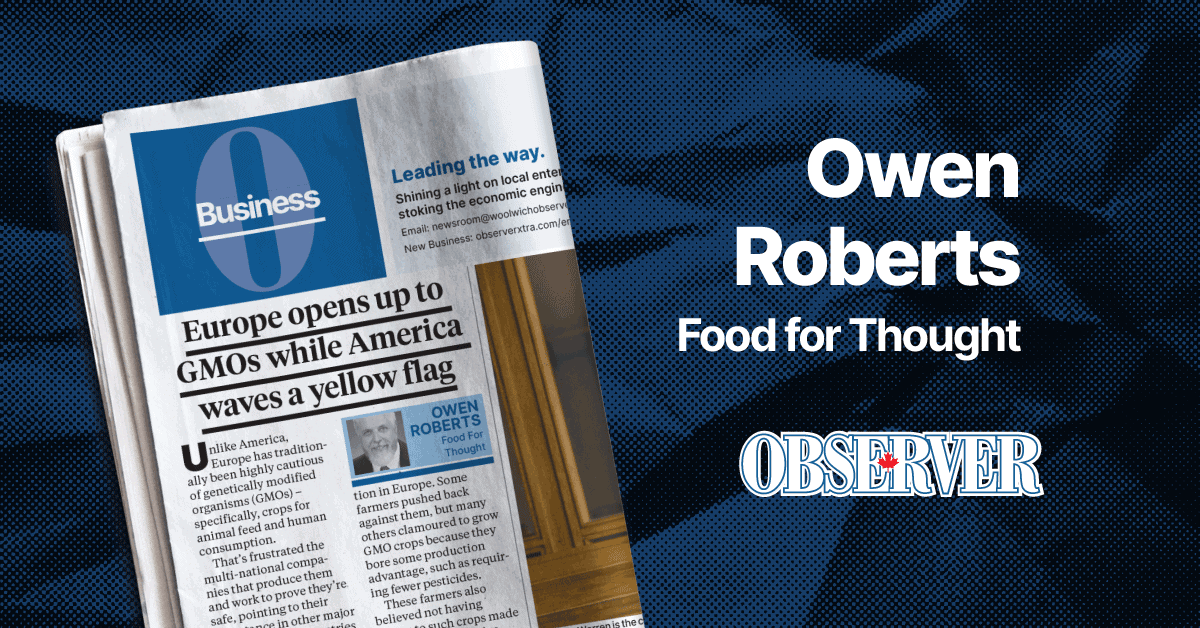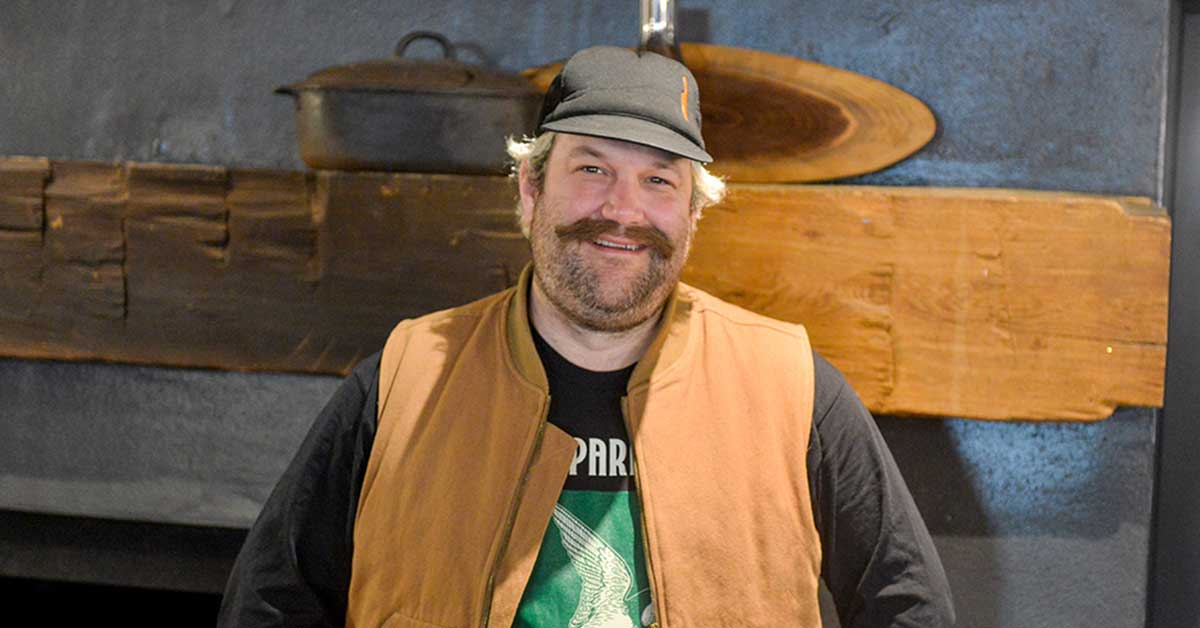;
;
;

As a chef and owner of the Fat Sparrow Restaurant Group, Nick Benninger has always been an advocate for farm to table, as well as products made locally in Waterloo Region. “My entire cooking career, I’ve always been sort of fiercely proud of what happens in KW. I think that comes from having spent s
Last updated on May 03, 23
Posted on Jan 26, 23
4 min read
